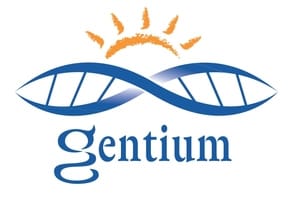 Gentium is expecting the European Medicines Agency (EMA) to turn down its investigational medicine defibrotide for a liver condition associated with stem cell transplantation.
Gentium is expecting the European Medicines Agency (EMA) to turn down its investigational medicine defibrotide for a liver condition associated with stem cell transplantation.
The Italy-based pharma company had applied for European approval of defibrotide to treat and prevent hepatic veno-occlusive disease (VOD) in adults and children undergoing hematopoietic stem cell transplantation therapy, but said this was unlikely after an oral presentation to the EMA’s Committee for Medicinal Products for Human Use (CHMP).
Apparently, preliminary feedback was not positive, and the company is already planning to appeal the expected negative decision, which will be confirmed when the CHMP carries out a formal vote next month.
“While not a final decision, the company considers it unlikely that this position will change before the formal vote is undertaken,” said Gentium, whose shares dropped by 40 per cent following the announcement.
If Gentium does choose to appeal, it would have 15 days to request a re-examination of the negative recommendation and would then have 60 days to submit further evidence backing its cause.
Dr Khalid Islam, president and CEO of Gentium, said the company was awaiting the official decision, which should provide specifics on the CHMP’s current issues with the defibrotide application.
He said: “We will work closely with the CHMP to address the committee’s concerns and remain confident of the favourable benefit/risk profile of defibrotide, which is the only option recommended by the European Group for Blood and Marrow Transplantation for the treatment VOD, an unmet medical need where no known agents are currently approved.
“We will continue to review all possible options with respect to next steps regarding the company’s marketing authorisation application,” he added.
VOD is a condition that involves the obstruction of small veins in the liver, potentially leading to liver damage.
It is also linked to stem cell transplantation as some the therapies used to prepare a person’s body for transplantation can damage the lining cells of hepatic blood vessels. There are no currently approved treatments for VOD.




